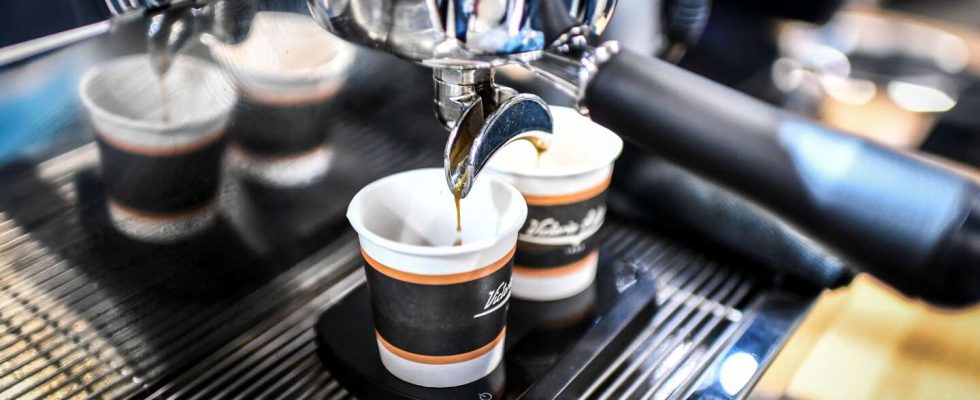Rarely has a European text been the subject of so much lobbying. From paper groups to fast food players, from beer, wine or perfume producers to sugar or ketchup pod specialists, from package players to coffee cup users, from mass distribution to the hotel industry, They mobilized widely to weigh in on the Commission’s proposed regulation aimed at reducing waste linked to packaging.
Here and there, their persistence paid off, but it did not make it possible to empty the legislative project, which was adopted in the European Parliament on Wednesday November 22, of its substance.
While packaging waste continues to increase – with nearly 190 kilograms per inhabitant in 2021 – this text should make it possible to initiate a reverse movement and reduce it by 10% by 2035. “The change in logic at the heart of this regulation has been saved”says Pascal Canfin, the president (Renew) of the environment committee of the European Parliament.
Future regulations require packaging to be recyclable by 2030 and recycled by 2035. Only the sectors of wooden boxes, for Camembert, oyster baskets or even trays of strawberries, and envelopes in wax (Babybel) escape it. As the European elections approach – they will be held in June 2024 – the legislator preferred to avoid creating a controversy which would have fueled the arguments of those who criticize the excessive bureaucracy of Brussels. Especially since these exceptions represent a tiny part of a sector with 350 billion euros in turnover per year.
After negotiations
The recycling “will not be enough”, launched Environment Commissioner Virginijus Sinkevicius on Wednesday. Before continuing: “We also need to worry about reuse and ban packaging that is not necessary. » The text adopted on November 22 provides for numerous provisions in this direction, but a series of amendments has reduced its ambition. “The agro-industry, led by McDonald’s and Lactalis, fought hard to weaken the ambitions supported by this regulation”regrets in particular the Green MEP Marie Toussaint.
It sets obligations in terms of reuse sector by sector, which were the subject of tough negotiations. Thus, in 2030, 10% of alcoholic drinks – with the exception of wine and spirits – and 20% of non-alcoholic drinks will have to be sold in reusable bottles. The brewers tried to obtain the same preferential treatment as the winegrowers but they did not succeed. In the same logic, the Member states with insufficient sorting infrastructure will have to implement a deposit for plastic bottles and metal cans.
You have 50% of this article left to read. The rest is reserved for subscribers.

